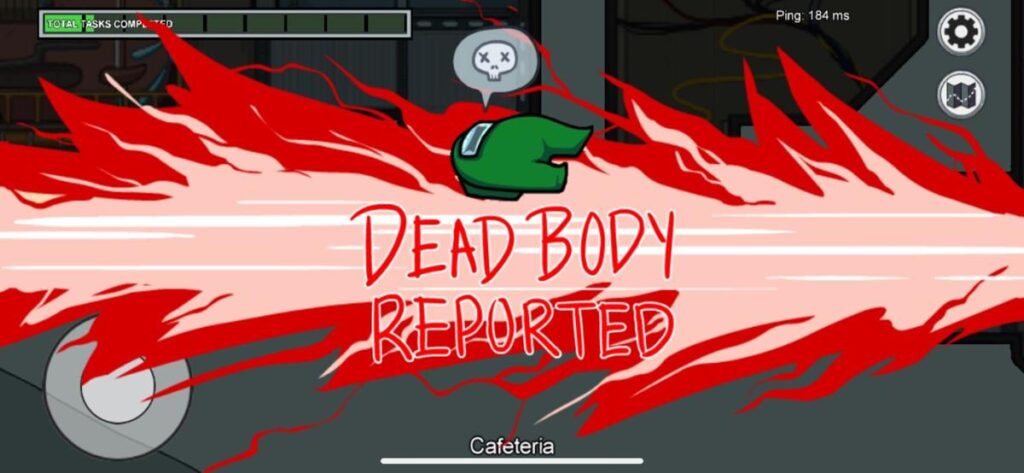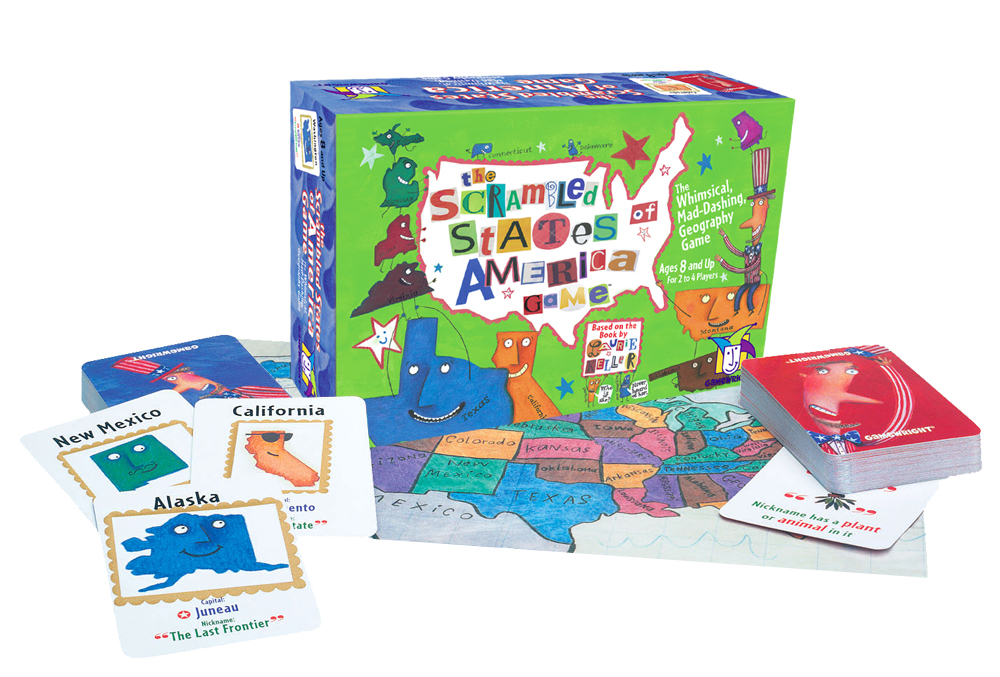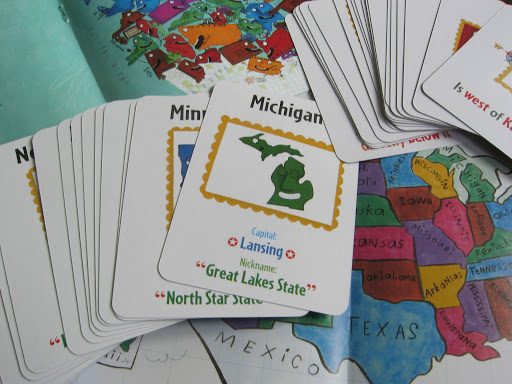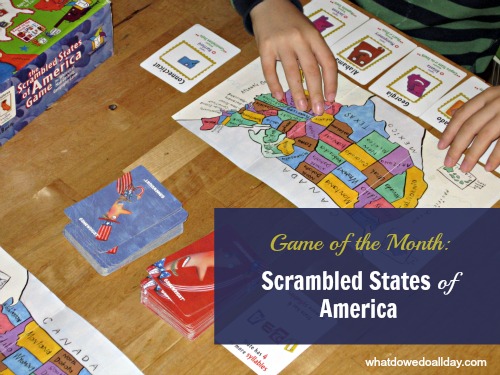
Stephen Horowitz is the Director of Online Legal English Programs at Georgetown Law.
My 11-year-old daughter plays Among Us frequently these days, as apparently does every other pre-teen I’m aware of.

I have yet to play it, though I understand it’s a multiplayer, social game you can play on a smartphone or tablet. It’s set on a spaceship, you play with a group of 10 people (could be people you know or random people you don’t know or a mix), and the aim is to solve problems or complete certain tasks with your crewmates. However, one of you is an impostor who apparently sabotages the crew’s efforts by killing crew members. And each time a crew member is killed, then everyone stops and has a discussion about who might have done it and tries to figure out who did it.

Question: How could this be used as a teaching tool? Especially given the desire and potential to engage students, particularly in the context of online or remote learning?
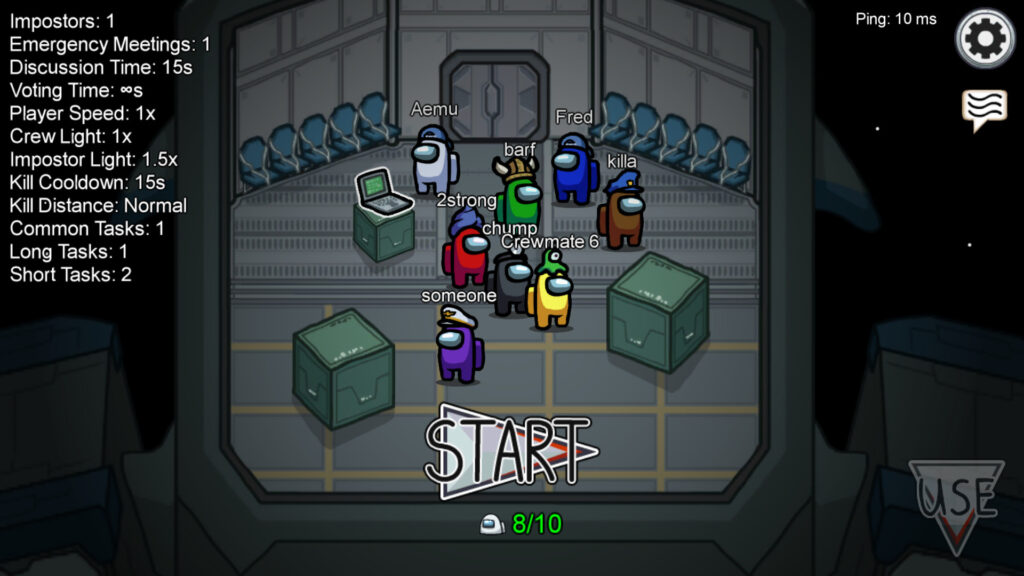
According to high school teacher Angelique Gianas, Among Us is an excellent vehicle for teaching students about argumentative writing. (“How ‘Among Us’ Helps Students Master Argumentative Writing“) It requires students to devise claims and then support them with evidence and analysis.
But could this also be appropriate and helpful in working with LLMs and other non-native English speaking law students?
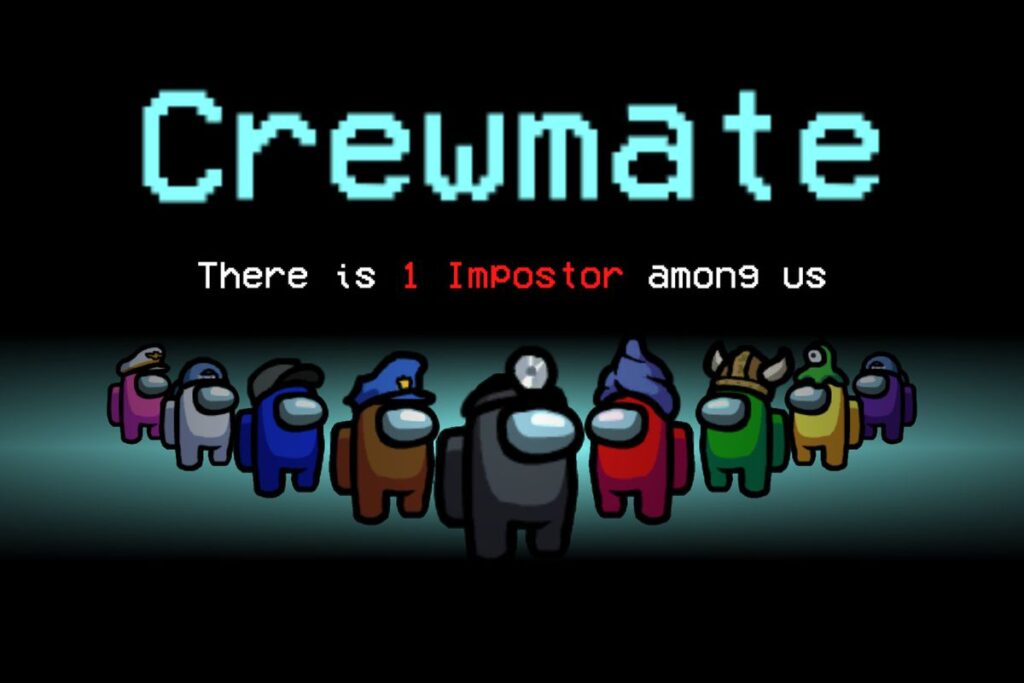
My initial thought is that Among Us could be used as a first-day-of-class activity for a legal writing class or during orientation. And then in subsequent classes, the process in which students engaged can be referenced in discussing the discourse of legal writing or when providing feedback to students who tend towards conclusive statements.
This could be particularly helpful to students from other countries or cultural backgrounds who are accustomed to a different approach to argumentative writing. At the same time, some of this could get flushed out in the initial playing of the game if students from different backgrounds have different approaches to the problem solving and communicating entailed by the playing of Among Us.
Of course, I have yet to try any of this. So if you or anyone you know has incorporated Among Us into a class with their students, I would greatly appreciate hearing about it and hopefully writing about it in a future post.
